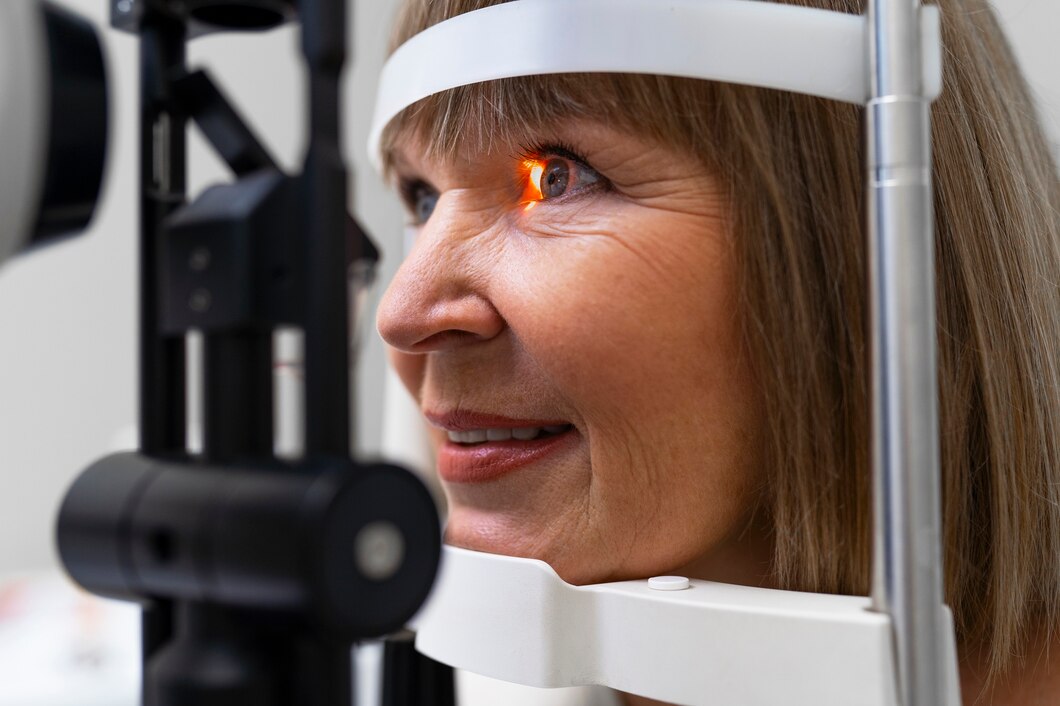Botswana is currently facing a significant backlog in cataract surgeries, which has led to preventable vision impairment and a decline in the quality of life for many citizens. This issue has become a pressing public health concern, exacerbated by limited surgical resources, inadequate healthcare infrastructure, and a lack of access to specialized eye care. The consequences of untreated cataracts are profound, as they can lead to blindness and severely affect individuals’ ability to participate in everyday activities, ultimately diminishing their overall quality of life.
The Challenge of Cataracts in Botswana
Cataracts, which cause clouding of the eye’s natural lens, are the leading cause of blindness worldwide. In Botswana, the situation is particularly dire, with a high prevalence of cataract-related vision impairment. The country’s healthcare system struggles to keep pace with the growing demand for eye surgeries, resulting in lengthy waiting lists and, in many cases, patients going without necessary treatment.
Several factors contribute to this backlog. Limited surgical facilities, a shortage of trained ophthalmic professionals, and insufficient funding for eye care programs hinder efforts to provide timely interventions. Furthermore, many individuals living in rural areas lack access to specialized eye care services, making it challenging for them to seek help for their vision problems.
A Collaborative Approach: Scottish Livingstone Hospital and St. Coptic Mission
In response to this critical situation, Scottish Livingstone Hospital in Molepolole has partnered with St. Coptic Mission from Egypt to launch a cataract extraction campaign. This initiative aims to address the backlog of surgeries and reduce the incidence of blindness caused by cataracts in Botswana.
The collaboration brings together expertise, resources, and a shared commitment to improving eye health in the region. St. Coptic Mission, known for its work in providing specialized medical care in underserved areas, will assist in delivering surgeries and training local healthcare professionals. This partnership is a significant step toward building a sustainable model for eye care that can have a long-lasting impact.
Goals of the Cataract Extraction Campaign
The primary goals of the cataract extraction campaign are twofold: to reduce the number of individuals suffering from cataract-related blindness and to alleviate the surgical backlog in the country. Here’s how the initiative plans to achieve these objectives:
- Increased Surgical Capacity: The campaign aims to perform a substantial number of cataract surgeries over a specified period. By mobilizing additional surgical teams and resources, the initiative will enhance the capacity of local hospitals to handle the influx of patients requiring surgery.
- Community Outreach and Awareness: The campaign will involve community outreach efforts to educate the public about the importance of seeking timely eye care. Raising awareness about cataracts and available treatment options is crucial for encouraging individuals to access necessary services before their conditions worsen.
- Training and Capacity Building: In addition to providing surgeries, St. Coptic Mission will focus on training local healthcare workers, including ophthalmologists and nurses. This capacity-building aspect is essential for ensuring that Botswana can sustain its eye care services in the long term, reducing reliance on external support.
- Collaboration with Local Healthcare Systems: The initiative will work closely with Botswana’s healthcare system to integrate the cataract extraction campaign into existing services. This collaboration ensures that patients receive follow-up care and that the initiative aligns with national health priorities.
The Path Forward
While the cataract extraction campaign represents a significant step forward in addressing the backlog of surgeries in Botswana, it also highlights the need for systemic changes within the healthcare system. Continued investment in healthcare infrastructure, training of specialized professionals, and increased funding for eye care services are critical to ensuring that future generations have access to timely and effective treatment.
By tackling the issue of cataract blindness head-on, this collaborative initiative not only aims to restore sight to many but also sets a precedent for future partnerships that can drive sustainable improvements in healthcare delivery across Botswana. As the campaign progresses, it is hoped that the efforts will lead to a brighter future for those affected by cataracts, enabling them to regain their independence and improve their overall quality of life.










